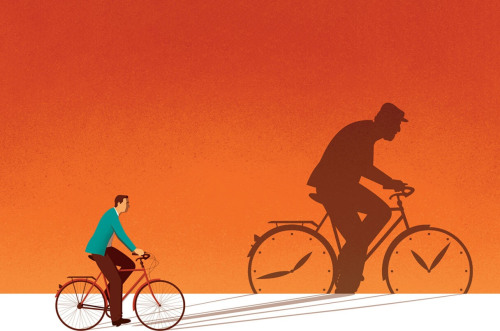
By Mitch Leslie
OCT 22, 2024
Science
Some people like to say that age is just a number. Many scientists increasingly agree, arguing that DNA, protein, or other molecular measurements can tell a truer story about a person’s “biological” age than what’s on their birth certificate. Hundreds of so-called aging clocks developed in recent years reflect this idea, and clinical trials have started to use them to assess patients’ responses to putative antiaging treatments. Numerous wellness clinics now claim they can—for a steep price—deduce a person’s actual age, and multiple companies offer biological age testing for worried patients—and even for their dogs.
But scientists don’t agree on which aging clocks work best or how to verify their results. “We need to systematically evaluate them,” says bioinformatician Mahdi Moqri of Harvard Medical School. That’s the motivation for an unprecedented contest, funded by nonprofits and philanthropies and run by an organization called the Biomarkers of Aging Consortium, that is pitting hundreds of the clocks against one another for scientific honors—and some $300,000 in prize money.
Drawing on anonymized data and health information for 500 people, the competitors are vying to produce the most accurate predictions of chronological age, age at death, and “health span”—the time until onset of multiple age-related diseases. “The competition is put up or shut up” for clockmakers, says biogerontologist Steve Horvath of the cell rejuvenation firm Altos Labs, who developed a DNA-based aging assay that kick-started the field more than a decade ago.